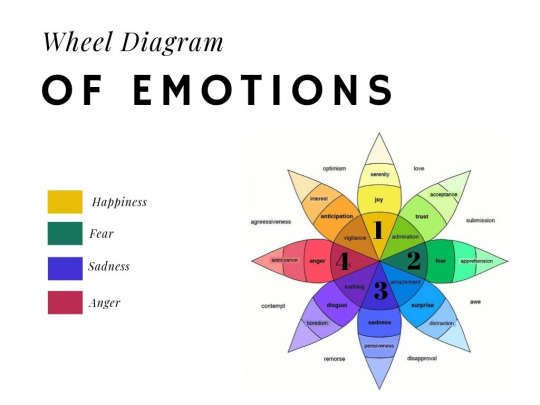Text
Emotional Feelings Through Music
When listening to music, especially during our formative years, the experience can do wonders for one’s journey of self-discovery.
Not only do we develop a sense of what kind of music we enjoy dancing/nodding/foot-tapping along to, but the lyrics from songs have the chance of changing how we see the world.
A lot of this is for mood/emotion regulation purposes, and those who don’t get lost in the music, find the right time and place to dabble in music’s ability to relieve boredom and/or to create a specific atmosphere.
Those who are going through something sad and traumatic may use their favourite sad playlist to distract them from their problems; they may even use it to push them over the tearful edge so they can vent emotionally.the tempo affects our emotional response to a piece of music and provide guidance on choosing the most suitable tempo for your compositions.our actions and emotions, and its influence on our brains creates a sense of unity with music that few other art forms can provide.
With music’s deep connection to the limbic system, people tend to find connections in music through memories. Certain songs have a way of taking you to certain time or a specific place in your life. Because of this, we feel a reminiscent connection to music to go along with the emotions it already arouses in us.
Songs from the past can stir powerful emotions and memories. It's an experience almost everybody can relate to: hear a piece of music from decades ago, and you are transported back to a particular moment in time, like stepping into a time machine. You can feel everything very strongly, as if you were actually there.
Tears and chills – or “tingles” – on hearing music are a physiological response which activates the parasympathetic nervous system, as well as the reward-related brain regions of the brain. Studies have shown that around 25% of the population experience this reaction to music.
Music can be a source of pleasure and contentment, but there are many other psychological benefits as well. Music can relax the mind, energize the body, and even help people better manage pain. The notion that music can influence your thoughts, feelings, and behaviors probably does not come as much of a surprise. Music is such a core part of culture and everyday experience that it has long been believed to be connected to one's personality. Music, more than any other media, has strong ties to our emotions: music communicates emotion, stirs memory, affects mood, and spurs creativity.
Happy, upbeat music causes our brains to produce chemicals like dopamine and serotonin, which evokes feelings of joy, whereas calming music relaxes the mind and the body.

0 notes